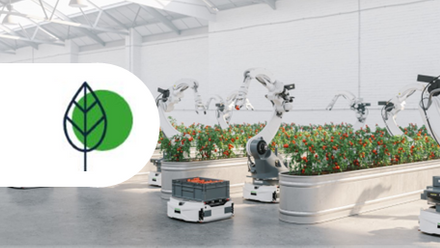Climate, Environment and Sustainability Programme activities
The techUK Climate Programme provides opportunities for members to present tech solutions that assist carbon emission reduction, circularity, and human rights goals. We also help our members with their own net zero transition, including measurement, implementation, compliance, and reporting. Visit the programme page here.
Upcoming events
Latest news and insights
Learn more and get involved
Climate, Environment and Sustainability updates
Sign-up to get the latest updates and opportunities from our Climate, Environment and Sustainability programme.
Meet the team










